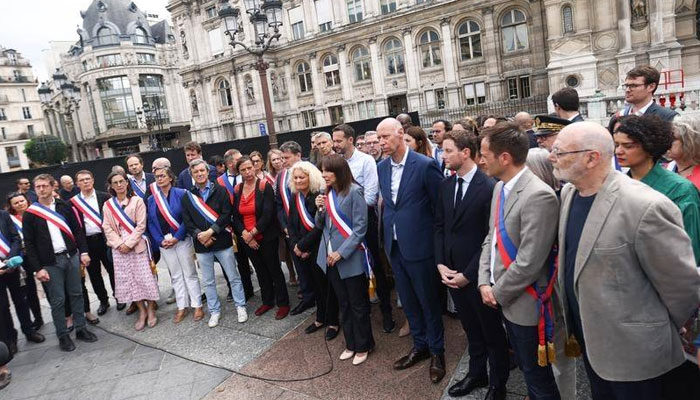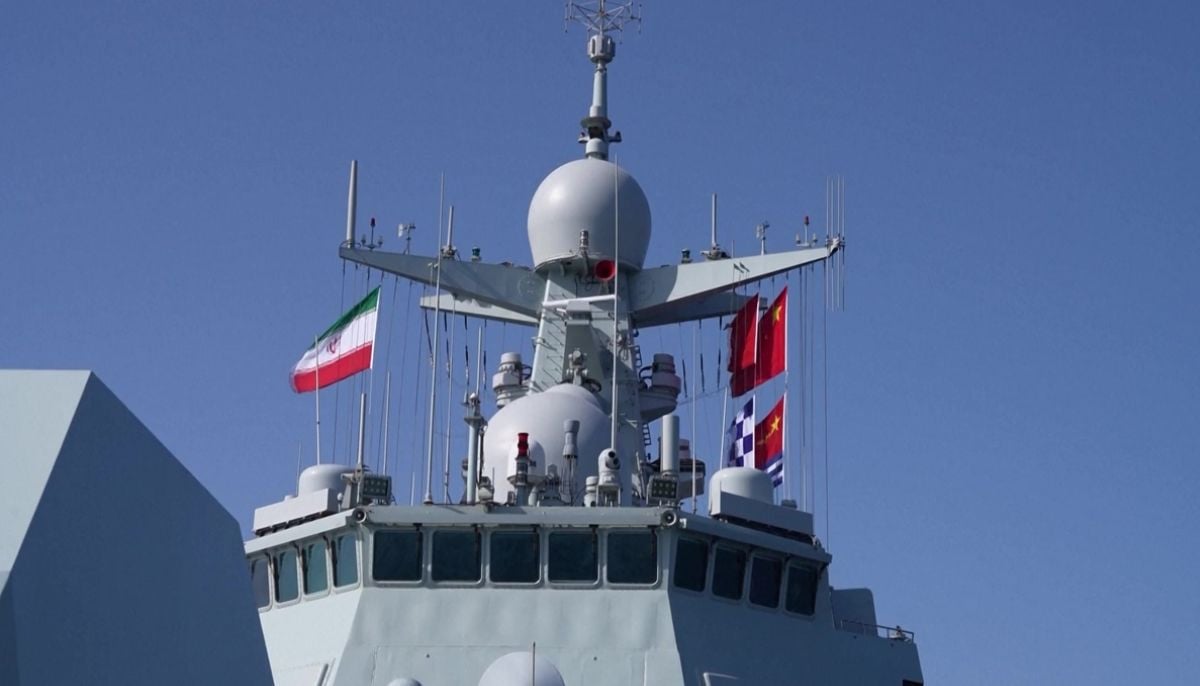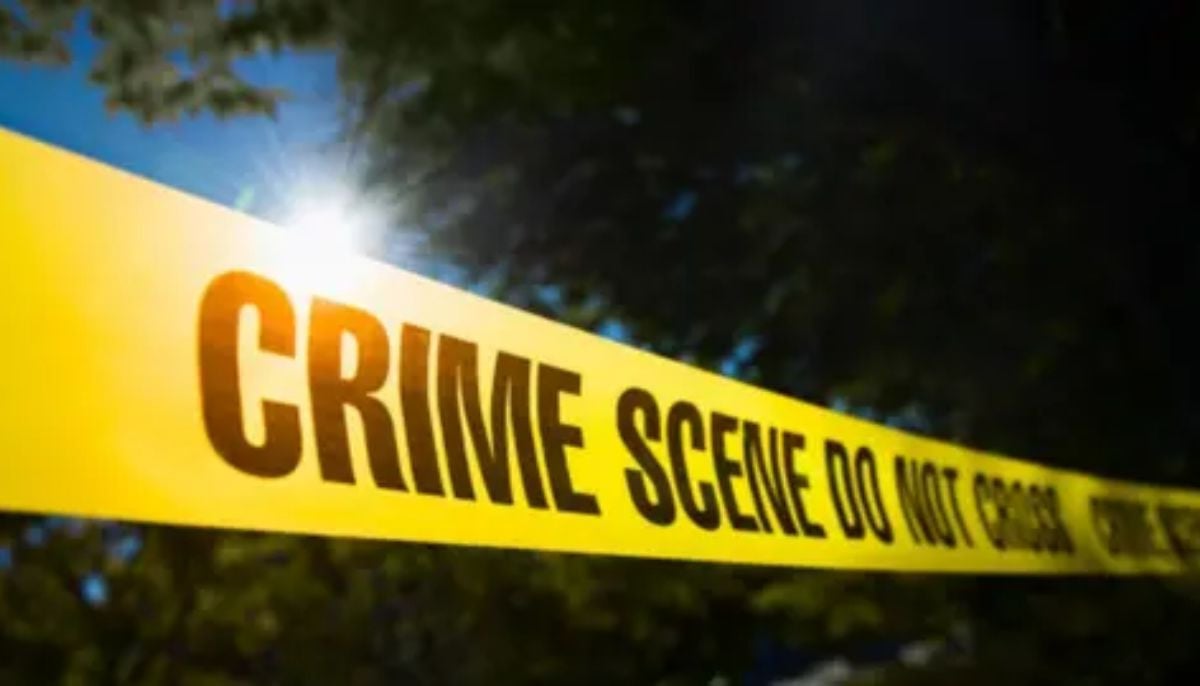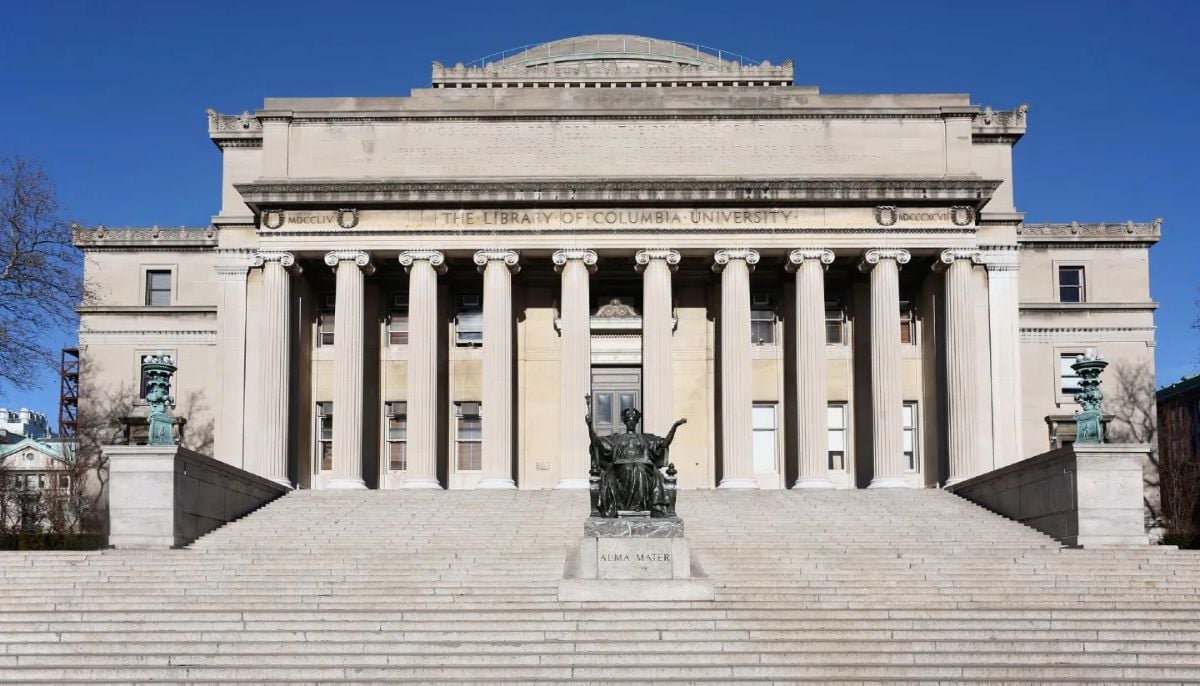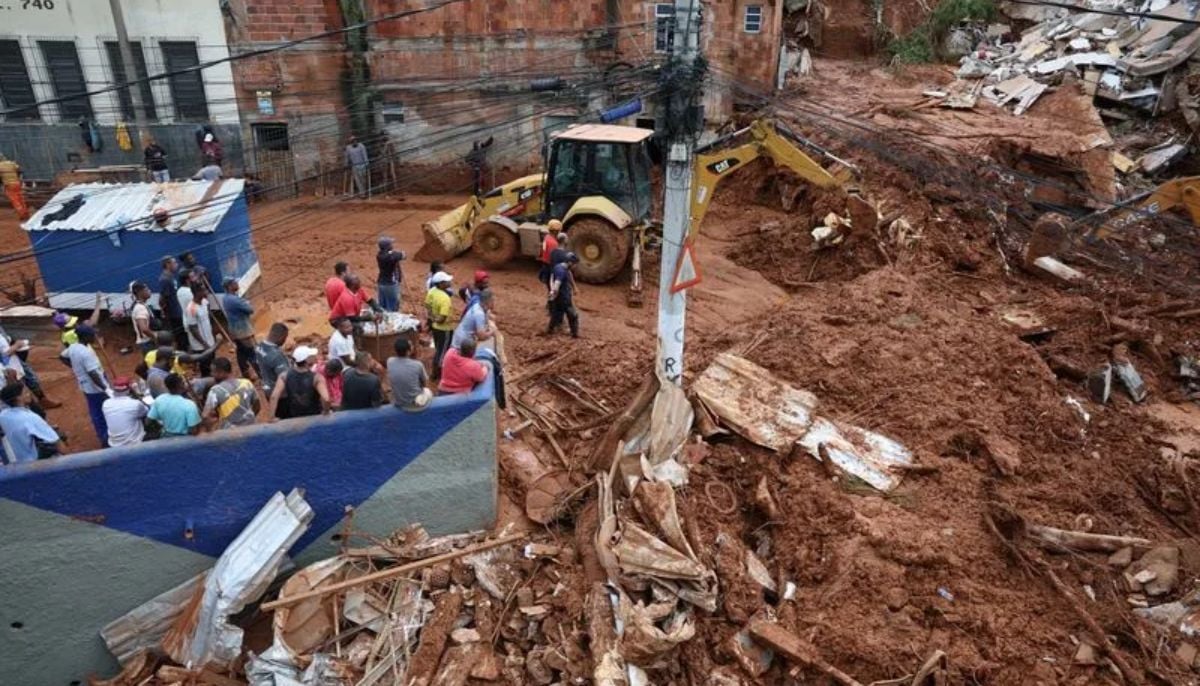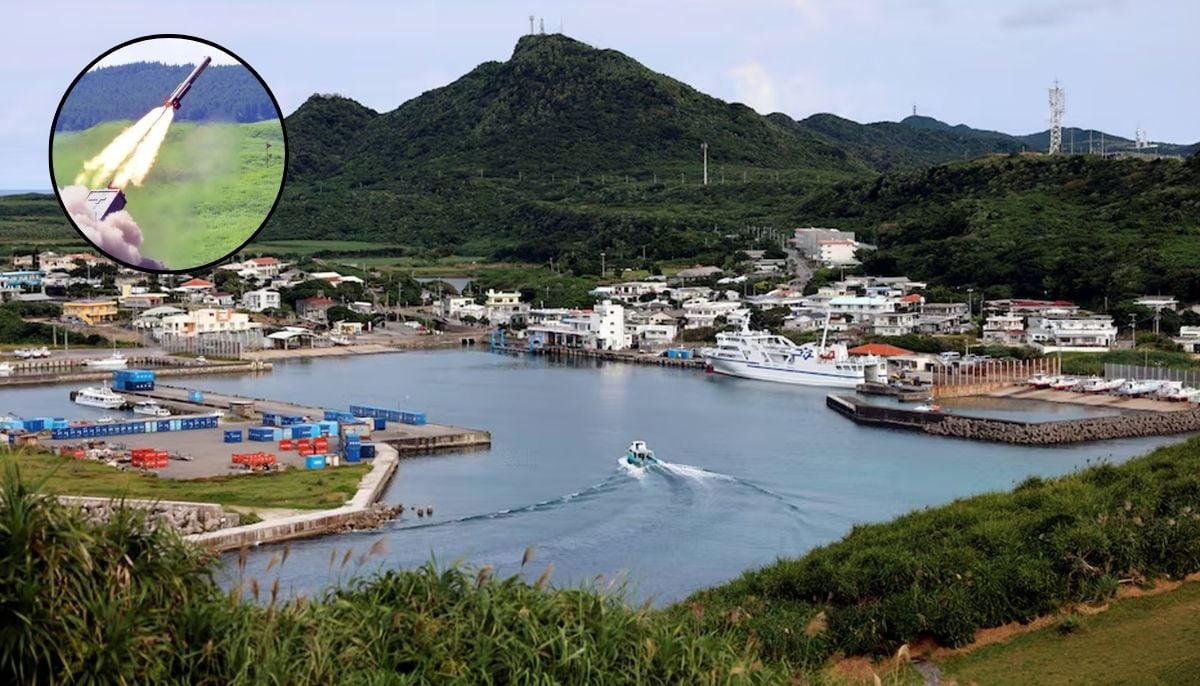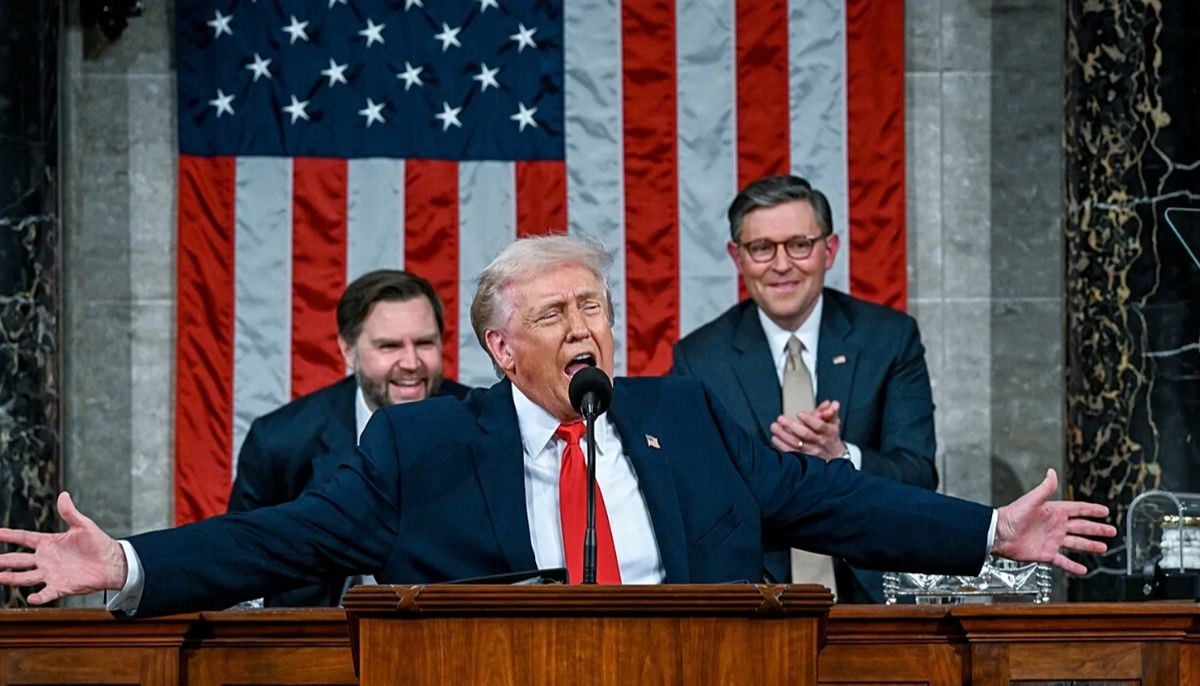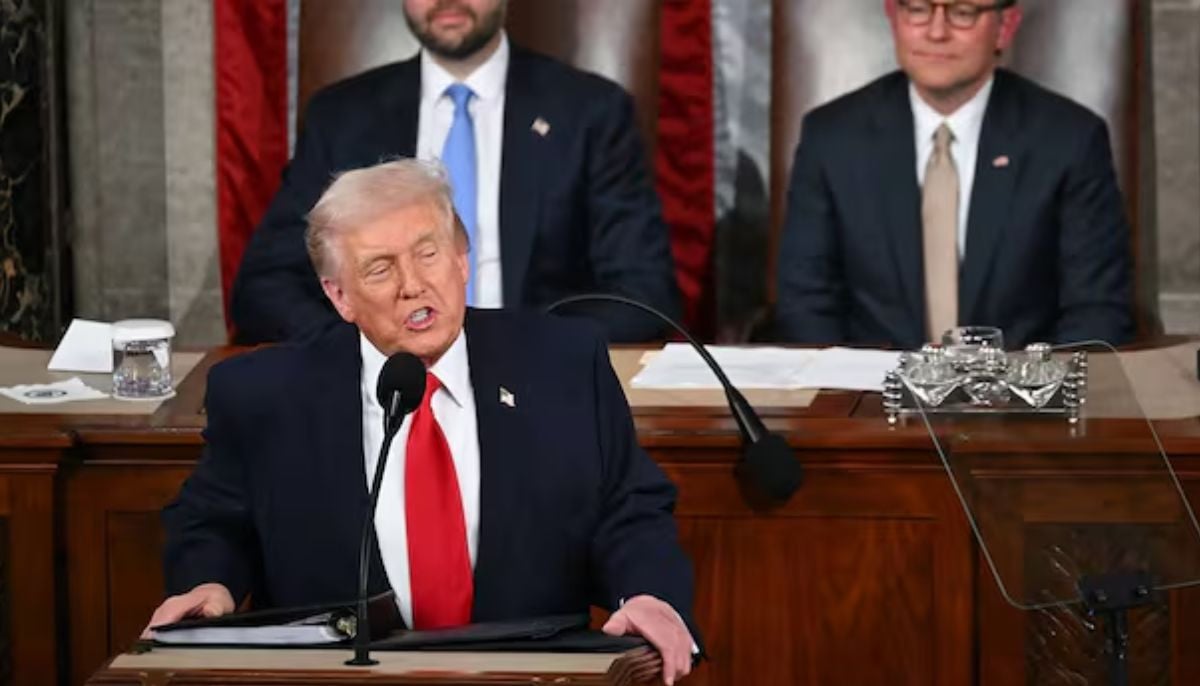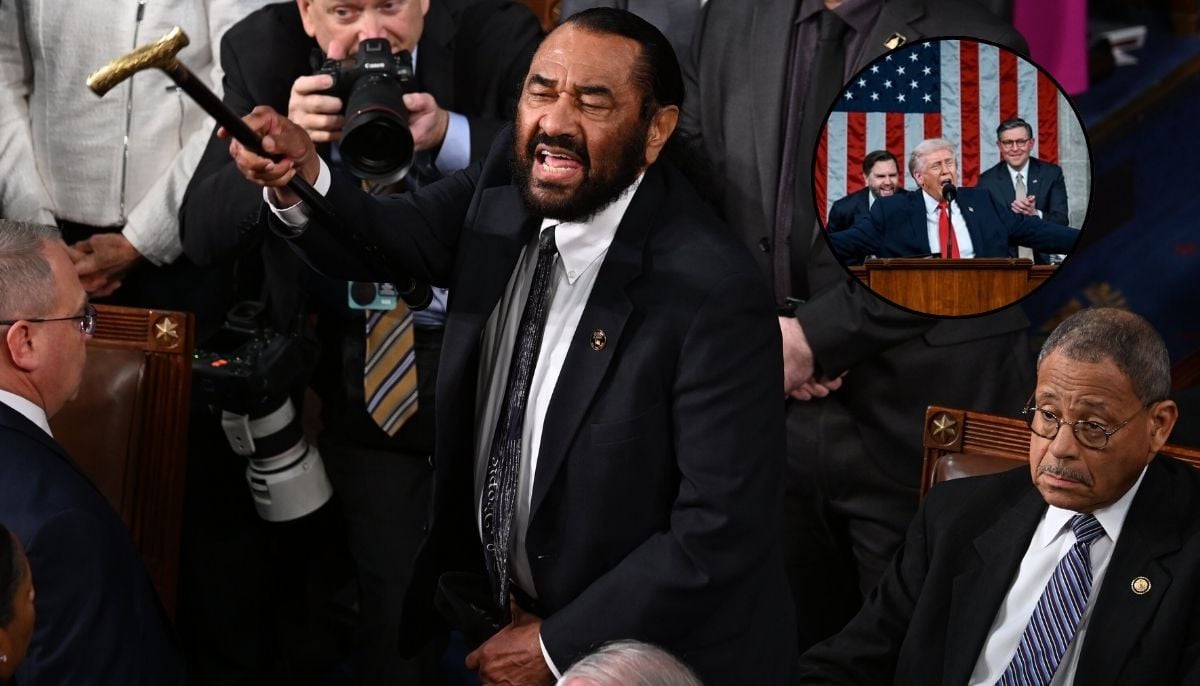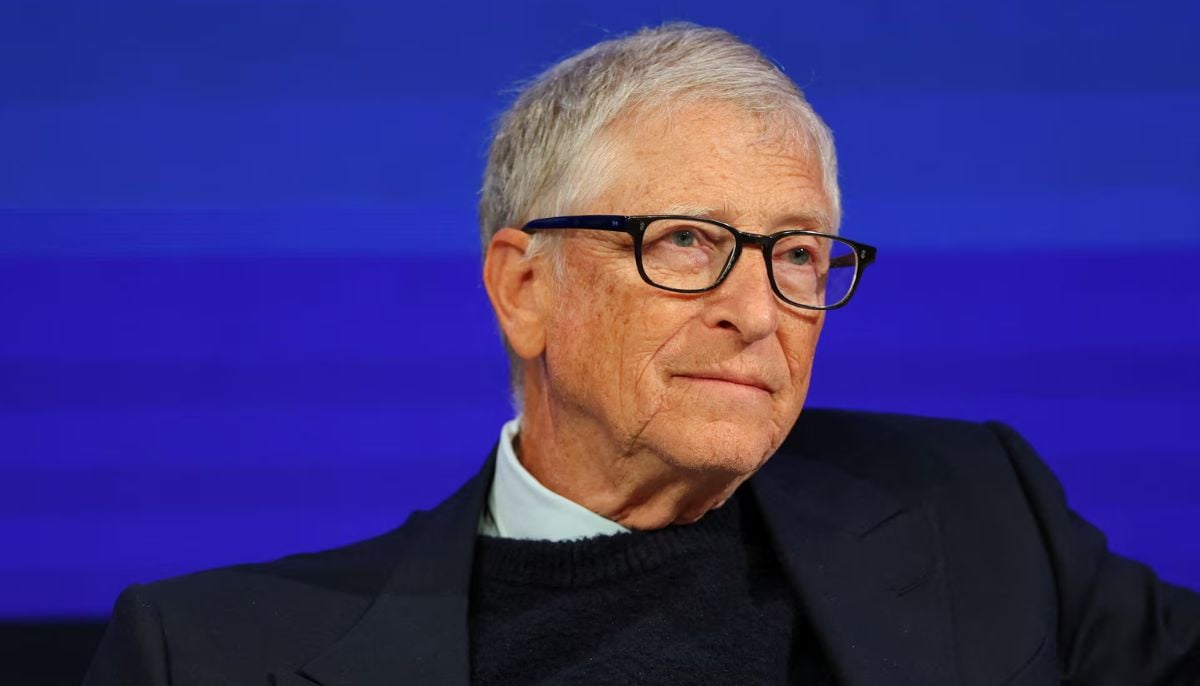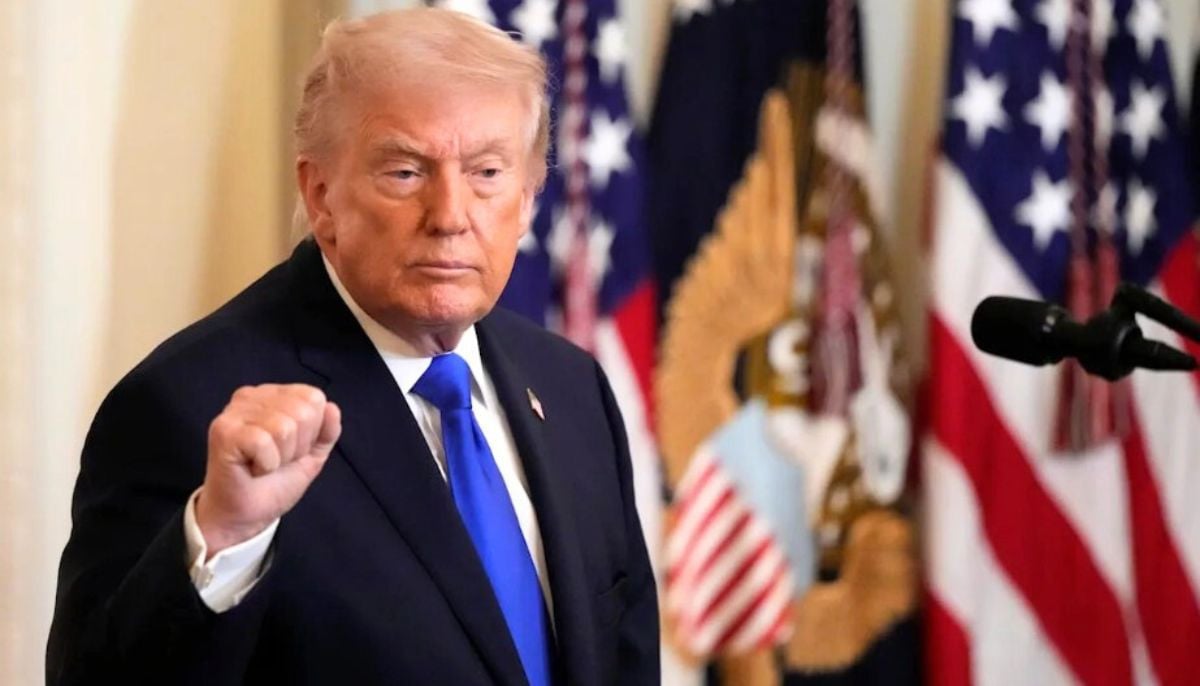France unrest eases as mayors rally for peace in violent clashes
Violent upheaval serves as a stark reminder of the challenges that lie ahead for the French government
France finds itself in the midst of a significant crisis as defiant gatherings and widespread rioting continue to grip the nation following the fatal police shooting of a teenager of North African descent.
The death of 17-year-old Nahel, whose Algerian and Moroccan heritage resonated with marginalised communities, has ignited deep-seated anti-police resentment in the racially mixed and economically deprived suburbs of major French cities. This wave of unrest has unleashed a broader outpouring of anger toward the state, resulting in opportunistic violence and an overwhelming sense of discontent.
As rioters set cars ablaze, looted stores, and targeted public properties, mayors across France rallied on Monday to call for an end to the violent clashes that have plagued the nation. Vincent Jeanbrun, mayor of L'Hay-les-Roses, whose own home was attacked, described the situation as "a real nightmare" that requires urgent attention. Mayor Valentin Ratieuville of Persan, a town south of Paris that witnessed a violent arson attack on its town hall, urged citizens to denounce the unrest, emphasising the need to prevent hatred from prevailing.
The French government, however, has not undertaken the same level of introspection on issues of race and discrimination as seen in other Western countries following similar incidents. Instead, they have attributed the unrest to underprivileged conditions in low-income urban neighborhoods and juvenile delinquency, emphasising the importance of a unified French identity irrespective of race or ethnicity. Interior Minister Gerald Darmanin placed responsibility on parents, expressing concern about the involvement of minors in the violence: "It's not up to the national police or the gendarmerie or the mayor or the state to solve the problem of a 12-year-old setting fire to a school. It's a question of parental authority."
The violence and disorder have taken a toll on both public and private property, with more than 5,600 cars torched, 1,000 properties damaged, and 250 police stations targeted. As a response, the government has deployed 45,000 police and gendarmes to maintain order. However, amidst the chaos, signs of the unrest beginning to ease have emerged, with a decline in incidents and a sharp reduction in the number of arrests. Nevertheless, questions remain about the events leading up to Nahel's shooting, as investigators interview a passenger in the car he was driving without a license.
The crisis has prompted tens of millions of euros in emergency support to repair public buildings and small businesses affected by the riots. Nevertheless, the true impact of the unrest reaches far beyond the material damages inflicted. Fatiha Abdouni, founder of a women's association in Nahel's hometown, emphasises the necessity of listening to the frustrations and anger of young people who face daily difficulties and unequal access to education, employment, and housing. While condemning the violence, she calls for a deeper understanding of the underlying issues that led to the eruption of violence.
-
Nobel-winning scientist resigns from Columbia university after Epstein links revealed
-
At least 30 dead after heavy rains hit southeastern Brazil, 39 missing
-
Japan plans missile deployment near Taiwan by 2031 amid growing regional tensions
-
Trump delivers longest State of Union address in history: Inside key details on economy, security and global strategy
-
Trump’s 2026 State of Union address: Inside key takeaways, major policy shifts & top announcements
-
Rep. Al Green removed from House chamber during Trump’s State of Union address: Here’s what happened
-
Bill Gates breaks silence on Epstein links, ‘took responsibility for his actions’ during town hall meeting
-
President Donald Trump delivers the traditional State of the Union address to Congress
